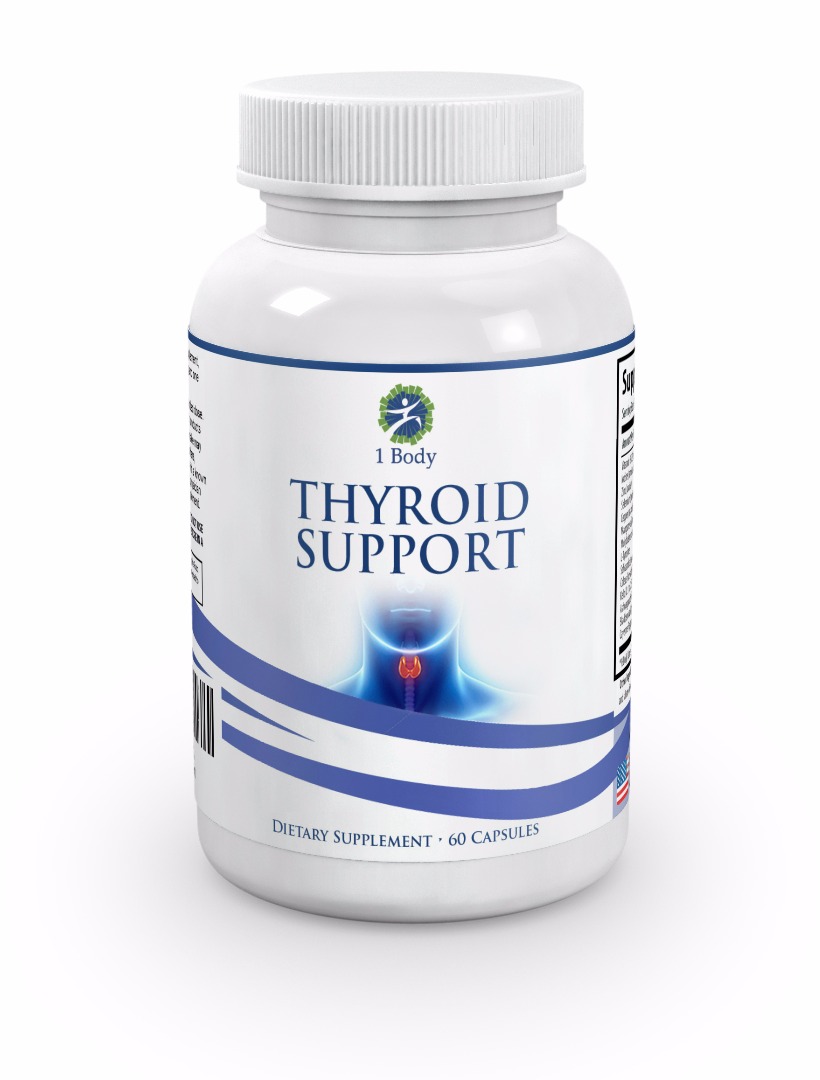10 Tips for Improving Your Thyroid Health
Your thyroid is a vital organ.
A gland located in the neck, the thyroid is responsible for various bodily functions, including growth and metabolism, energy regulation, and hormone production.
It also plays a significant role in the normal functioning of bones and various organs in the body.
Therefore, maintaining proper thyroid health is essential for overall well-being.
1. Engage in Regular Exercise
Like many health conditions, maintaining an active lifestyle is beneficial. To support thyroid health, aim for at least 30 minutes of moderate aerobic exercise each day. Suitable activities include walking, jogging, hiking, or biking.
2. Include Cruciferous Veggies in Your Diet
Despite common beliefs, raw cruciferous veggies are not harmful to the thyroid. In fact, they can contribute to supporting thyroid function. Vegetables such as broccoli, cauliflower, cabbage, collard greens, Brussels sprouts, bok choy, kale, radish, kohlrabi, and more are not only beneficial for overall health but can also play a role in cancer prevention. Given the potential risks of thyroid cancer, incorporating a healthy amount of cruciferous veggies into your daily diet is a positive choice.
3. Include Seaweed in Your Diet
Iodine is a vital component of thyroid hormones, crucial for maintaining proper hormone levels. Insufficient iodine can lead to reduced hormone production, impacting energy levels and metabolism. Sea vegetables, such as seaweed, are rich sources of iodine and can support the production of hormones needed for a healthy weight and energy.
4. Incorporate Vitamin A-Rich Foods
Vitamin A plays a role in regulating thyroid function, influencing hormones, energy levels, metabolism, and weight regulation. To support thyroid health, consider adding vitamin A to your diet through sources like tomato juice or sweet potatoes, both of which naturally contain high levels.
5. Consider a Gluten-Free Diet
Gluten is often criticized for being a challenging protein to digest and may have adverse effects on the thyroid, potentially contributing to autoimmune thyroid diseases. One component of gluten, gliadin, can mimic thyroid tissue, triggering an immune response that may harm the thyroid. For individuals with hypothyroidism, thyroid autoimmune diseases, or those being cautious, considering a gluten-free diet might be beneficial.
6. Explore Chlorophyll as a Dietary Supplement
Chlorophyll, available in liquid form, is a nutrient known for its potential benefits. It is believed to assist in removing heavy metals from the body. Since heavy metals may interfere with normal thyroid function, incorporating chlorophyll into your daily routine might be a helpful strategy.
7. Include Brazil Nuts in Moderation
Brazil nuts are a rich source of selenium, a vital element in converting thyroxine to its active form, T3. According to some sources, selenium may contribute to glutathione production, potentially assisting in reducing thyroid antibodies associated with autoimmune diseases. While Brazil nuts can be part of a balanced diet, it's important not to exceed recommended daily intake, which is typically a few nuts a day.
8. Be Mindful of Soy Protein Isolate
Soy protein isolate, commonly used in various meat and dairy substitutes, may be perceived as a healthy choice but could impact thyroid function. It's found in products like soy cheeses, yogurts, and veggie meats. Considering potential effects on thyroid function, it's advisable to be mindful of your consumption. Make informed choices and seek alternatives where possible.
9. Practice Balanced Eating
The thyroid plays a crucial role in metabolism, making it sensitive to changes in diet, especially during weight loss attempts. Restricting calories can impact thyroid function as the body may try to conserve energy. Instead of promoting a specific "cheat meal," focus on practicing balanced eating habits that provide adequate nutrition without extreme calorie restrictions.
10. Consider Dietary Support
Dietary support for thyroid health can be achieved through mindful choices and a well-rounded diet. While considering supplements, be cautious of claims related to specific benefits. For example, products like Thyroid Support may be marketed to boost thyroid function, but it's essential to approach such claims with skepticism. Additionally, be informed about supplement ingredients, such as the form of B-12 used, and the absence of certain additives. Always consult with a healthcare professional before adding supplements to your routine.
Thyroid Support
-
Supports energy levels and concentration.
Promotes a sense of overall well-being and mood enhancement.
Supports weight management when used with a proper diet.
-
Thyroid Support Formula is not manufactured with wheat, gluten, soy, milk, egg, fish, or tree nut ingredients







